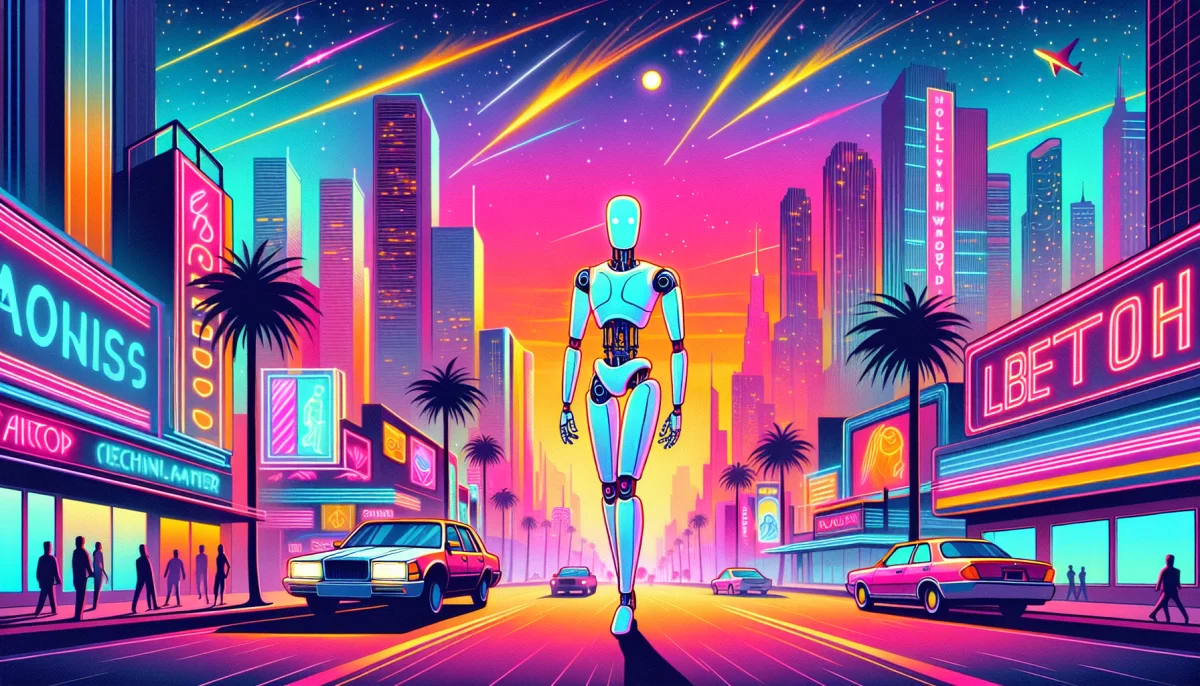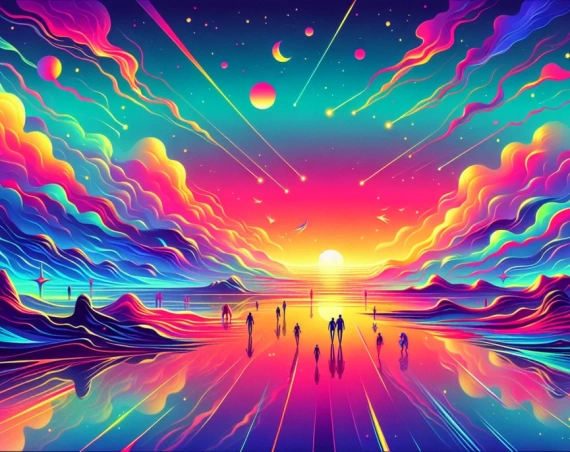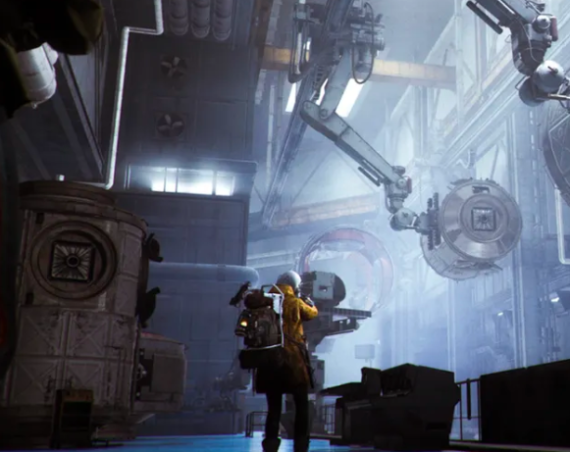
The First AI Actor Sparks Debate in Hollywood
Artificial intelligence is reshaping many industries, and the entertainment world is no exception. The unveiling of Tilly Norwood, the first fully AI-generated actor, has ignited a heated conversation among actors, agencies, and creatives about the future of AI talent in Hollywood.
Introducing Tilly Norwood: The First AI Actor
Tilly Norwood was publicly introduced at the 2025 Zurich Film Festival as part of Xicoia, a pioneering artificial intelligence talent studio founded by Dutch entrepreneur Eline Van der Velden. Described as a creative work rather than a human replacement, Tilly embodies a new frontier in the fusion of technology and art.
- Entirely digitally crafted using composite facial features from hundreds of young women
- Represents a milestone in AI-driven character creation, with agencies reportedly showing interest in representation
- Showcases AI’s capabilities as a tool in the creative arts rather than a substitute for human talent
Industry Response: A Mix of Concern and Skepticism
The introduction of Tilly Norwood has been met with mixed reactions from Hollywood professionals and the public alike. Some actors voiced their frustration on social media, concerned about the implications for employment and representation.
Notable reactions include:
- Mara Wilson, former child actress, questioned the ethics of using composite images of real people instead of hiring actual actors.
- Nicholas Alexander Chavez, star of Netflix’s Monsters: The Lyle and Erik Menendez Story, critically pointed out that Tilly isn’t truly an actress.
- Melissa Barrera and Kiersey Clemmons expressed disappointment with talent agencies potentially supporting AI actors, calling for awareness of real actors’ livelihoods.
Perspective from the Creator: AI as a New Artistic Tool
Eline Van der Velden addressed the backlash in a statement on Tilly’s official Instagram, emphasizing that Tilly is:
“Not a replacement for humans, but a piece of creative art that sparks conversation. AI is a new tool, a new paintbrush in the creative process.”
This highlights a growing perspective in the entertainment industry: AI can enhance creativity and expand artistic boundaries without erasing human artistry.
Key Arguments Supporting AI Talent Development:
- Augmentation Over Replacement: AI tools enable creators to explore novel ideas and streamline production.
- Ethical Creation: Transparency about AI use and respect for source materials can reduce controversies over originality and consent.
- New Roles: AI characters might eventually support storytelling, especially in animated or virtual productions.
The Future of AI Actors in Film and Television
While Tilly Norwood’s debut remains largely experimental, the integration of AI in acting and content creation is accelerating. According to a 2024 report by Deloitte, the media and entertainment sector expects AI adoption to increase by over 50% in the next five years, especially in areas like CGI, character animation, and scriptwriting.
However, challenges persist:
- Recognizability: Current AI-generated characters still exhibit imperfections, such as unnatural finger movements or facial expressions, limiting their immediate use in leading roles.
- Legal and Ethical Concerns: Usage rights for composite images and AI-created likenesses must be clearly defined.
- Human Connection: Audience attachment to authentic human performances may limit AI characters’ appeal for some genres.
Real-World Examples and Trends:
- AI-Assisted Animation: An upcoming almost entirely AI-generated animated film is preparing to debut at the Cannes Film Festival, signaling growing acceptance of AI in creative production.
- Streaming and AI: Netflix executives have openly discussed how generative AI can improve content quality, with some shows already utilizing AI for writing and effects (The Hollywood Reporter, 2025).
- Legal Pushback: Major studios like Universal Pictures and DreamWorks are issuing warnings about unauthorized AI training using their content, reflecting concerns over intellectual property (Variety, 2025).
Summary: Navigating the AI Talent Landscape
The arrival of AI actors like Tilly Norwood raises fundamental questions about the future of performance, creativity, and labor in entertainment. While AI offers exciting possibilities as a creative tool, respect for human artistry and ethical considerations remain paramount.
Industry stakeholders must engage in proactive dialogue, establish transparent guidelines, and innovate responsibly to harness AI’s potential without undermining the valuable contributions of human actors.
As AI technology evolves, the entertainment industry’s adaptation will likely shape not just how stories are told, but who—and what—tells them.


